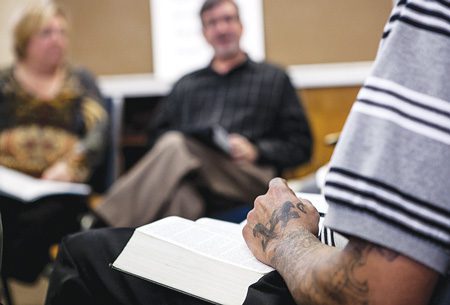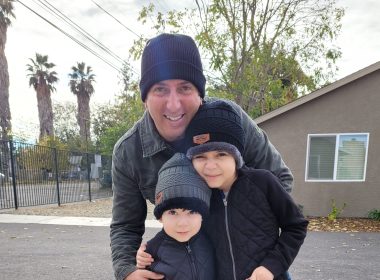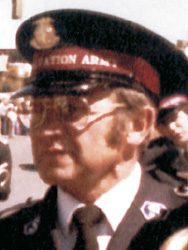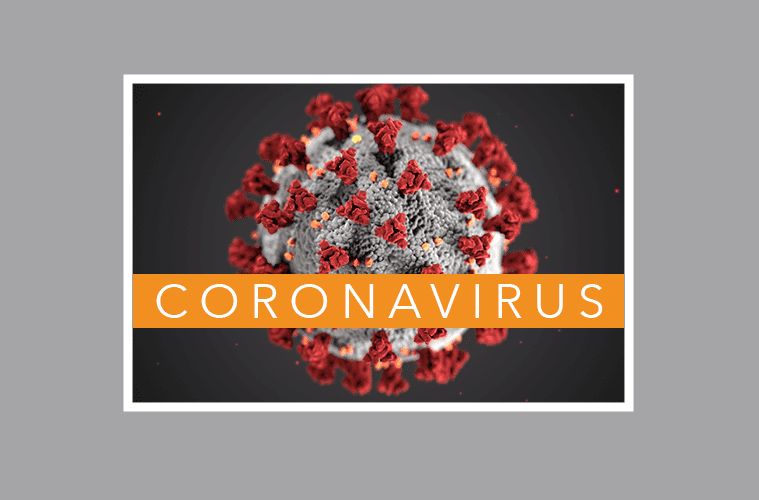
The Salvation Army Western Territory develops an ARC education plan for officers and soldiers.
By Derek Linsell
Apricot Consulting developed an education plan for Western Territory officers and soldiers on the adult rehabilitation centers (ARCs), addictions and the recovery process with a goal of breaking down the stigma attached to ARC beneficiaries and creating a platform to initiate constructive relationships.
Specifically, the education plan will provide an overview of the ARC program with an emphasis on the nature of addiction and recovery. Workshops will explore ways to help integrate members of the ARC into the corps, and investigate challenges that come from building new relationships with individuals who are focused on their own practical sense, corps members will be able to discuss concerns, explore stereotypes and learn how to assist in the recovery process.
“We hope that following the rollout of this education plan, corps members will have developed a clear understanding of the ARC program and feel positive about their role in the recovery process of individuals who are in need of love, support and acceptance as they journey toward a clean, sober and independent life,” said Major Man-Hee Chang, Western Territory adult rehabilitation centers commander.
In recent months, a number of intentional programs were set up between the ARCs and the corps—a result of Territorial Commander Commissioner James Knaggs’ harvest initiatives. Participating ARCs currently include Anaheim, Pasadena and San Diego, Calif.; Portland, Oregon; and Honolulu and Phoenix. Integration initiatives are reporting positively, including increasing numbers of ARC alumni attending corps services, with no obvious segregation of ARC alumni.
“We are already seeing tremendous results from our expanded efforts to work more closely with the ARC and minister to ARC alumni,” said Major Lee Lescano, Sierra del Mar divisional commander. “Corps officers, staff and soldiers are actively engaged in making sure graduates find a home at the corps and receive the added support they need in building a future. With more officers and soldiers gaining understanding of the rehabilitation process and our place in this ministry of redemption, I believe we will see a new kind of ‘revival’ in our corps.”
The Salvation Army injects over $150 million into ARCs across the Western Territory every year. Within the territory, 7,500 men and women are admitted to the ARC each year with around 2,500 (30 percent) of these members graduating at the end of the six-month program. Experienced professionals and officers work with individuals from all walks of life to help them recover from addictions and prepare for reentry into the community.
Studies have shown that following the initial, six-month phase of treatment at the ARC, only 10 percent of the 2,500 program graduates remain clean and sober after one year. However, this figure increases to 69 percent if graduates remain at the ARC for an additional six months, and to 86 percent if graduates remain connected to the ARC for two years.
An 86 percent success rate for addicts, clean and sober after two years, is encouraging but necessitates connection to the corps and to the wider community. This connection needs to be meaningful—where positive, healthy relationships are formed and where ARC alumni feel a real sense of belonging within the corps community. In addition, the 86 percent success rate is aided by the latter stages of the ARC program, where alumni have the opportunity to move into sober living accommodations and focus on employment.









